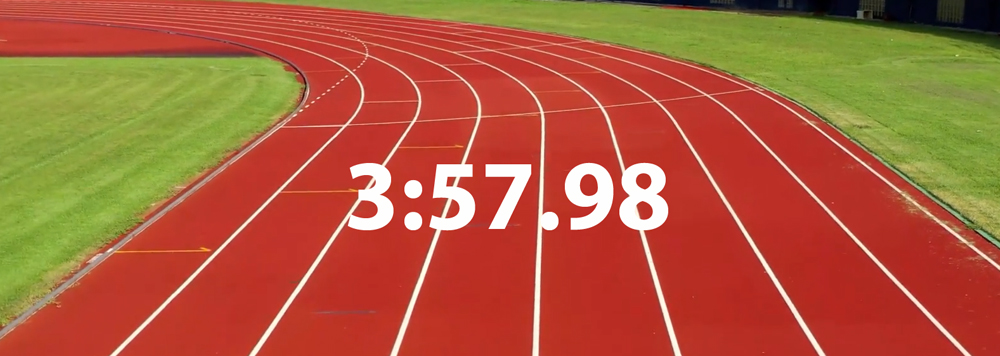There is no shortage of exercise physiology-related articles about endurance and running. But every so often, one comes along that really sparks our interest. In a recent study, researchers looked at what our “default” pace really is, and why that’s important.
Interestingly, it’s the advent of wearable fitness trackers that allowed the researchers to zoom in the intricacies of running pacing. Using a popular fitness tracker, the study suggested that “runners default to a natural energy optimized pace that burns the fewest calories regardless of the distance they cover.”
“We are programmed to conserve our energy,” said Scott Delp, a Stanford University professor of mechanical engineering and bioengineering and a co-author of the new study.
That hypothesis goes back to the origins of long-distance running. Our ancestors may have had to go a long time in between meals, therefore running at a pace that minimized calorie burning would be ideal.
So what about us modern humans, who can eat anything we want whenever we want, and jump into races to see how fast we can run, not how few calories we can burn? Well, here’s where it gets interesting. The study cites “free-living” runners as always defaulting to a pace that minimizes energy expenditure. That’s all well and good, but the goal in a race is to run fast, not necessarily to conserve energy. So the mind plays a huge role here.
In fact, the study indicates that in order to speed up (thus burning more calories per mile), we runners must overcome the built-in tendency to fall back on our evolutionary-based default pace. In other words, it goes against our natural urge to take it easy. Additionally, the study debunks the conventional wisdom that running a mile and walking a mile burn the same number of calories. But that remains a point of contention.
While the study is fascinating and dives much deeper into the nuances of pacing than previous studies, it pretty much validates what we already know. That is, that faster running is largely a “mental override” function—one that requires actively going into your discomfort zone. Successful runners and those who win races are the ones who are best able to hold off the mounting desire to slow down.
Upcoming races: Saturday, May 21 at 6:30 a.m., the Front Porch Days Half Marathon/10K/5K/3K/1K at Negley Elementary in Kyle. Sunday, May 22 at 7:00 a.m., Gilbert Tuhabonye Trail 5K/10K Run at St. Andrews Episcopal School, Austin.





